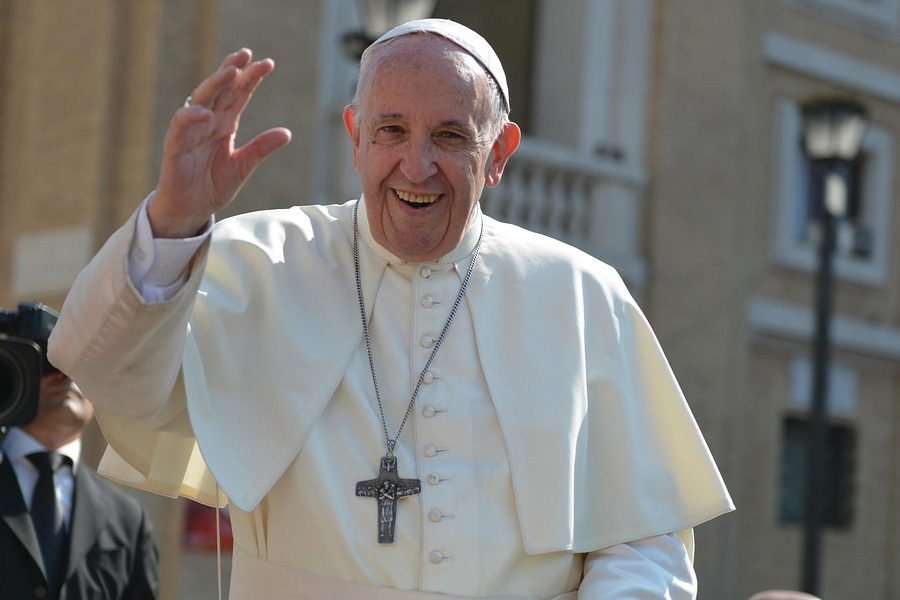Too often, faith is understood as a set of propositions we are required to give our assent to — a list of assertions we must accept as true. Thankfully, there’s a lot more to it than that. Fundamentally, faith isn’t some sort of intellectual discipline up in our heads. Rather, it’s a matter of the heart, and of the gut — because fundamentally, faith is a relationship — a relationship with a God who loves each one of us with an unreasonable, unbounded, prodigal love, and who invites us, but does not compel us, to love in return.
And all those things that we claim to believe — all those things that are asserted as true in the Creed we recite together every Sunday — they’re all things that we know, in love — the same way we can know things about a man or woman we love. We can know things about them when there is no other evidence apart from our love — or even when the evidence is to the contrary, because love is a way of knowing. But with God there’s one difference. God will never betray us. God is the perfect, ever-faithful lover.
Our Gospel today records an extraordinary moment in the faith lives of the disciples Peter, James and John — a moment in which they acquire a new insight into who Jesus is. They already love him — and know him about as well as you would expect to know somebody after wandering across the Judean countryside with him for years — hanging all the while on his every word. But today, on the mountaintop, they learn something more.
Jesus is transfigured before their eyes — his face and clothes as dazzling as the sun — and a voice from heaven says, “This is my beloved Son on whom my favor rests. Listen to him.” How do the disciples react? Pretty much the way you or I would. They fall forward in abject fear with their faces in the dirt. And then Jesus lays his hand on them and says, “Rise, and do not be afraid.”
The story has significance for our own faith — for our own relationship with God in Christ. Jesus Christ loves us, and has proven his love by living and dying for each one of us. He invites us to love him in return. And we want to love him, and do love him. That’s why we show up in church on Sunday. But it’s more than a bit frightening, because we really can’t forget that this gentle, compassionate, loving Jesus, is also the Word through whom God made the universe, and sustains it, and us, in existence at every moment. If we imagine ourselves looking into Christ’s eyes, we might see there not only love, but also the vast distances of interstellar space, galaxies in collision, and everything that is, emerging out of nothing. We might be tempted, like Peter, James and John, to fall on our faces in the dirt.
And so we can try to hold Christ at arm’s length, out of fear that he will bedazzle us, overwhelm us, or ask more of us than we care to give. And the patterns of sinfulness in our lives can be barriers intended to keep Christ at a safe distance. Oh sure, we allow him access to a Sunday-best version of ourselves, but try to exclude him from aspects of ourselves that embarrass us, the unconverted parts that are, in fact, most in need of his healing presence.
And so the Church gives us the season of Lent — forty days in which we are called upon to make a concerted effort to let our guard down, and to let Christ into our lives. We put aside distractions, repent our sinfulness and place our trust in Christ’s love. We trust that far from overwhelming us, he will make us more ourselves than we could otherwise ever be. We trust him, when he says to us as he said to Peter, James and John, “Rise, and do not be afraid.”
Rev. Charles B. Gordon, C.S.C., is co-director of the Garaventa Center for Catholic Intellectual Life and American Culture at the University of Portland. He writes and records a regular blog called “Fractio Verbi.”





